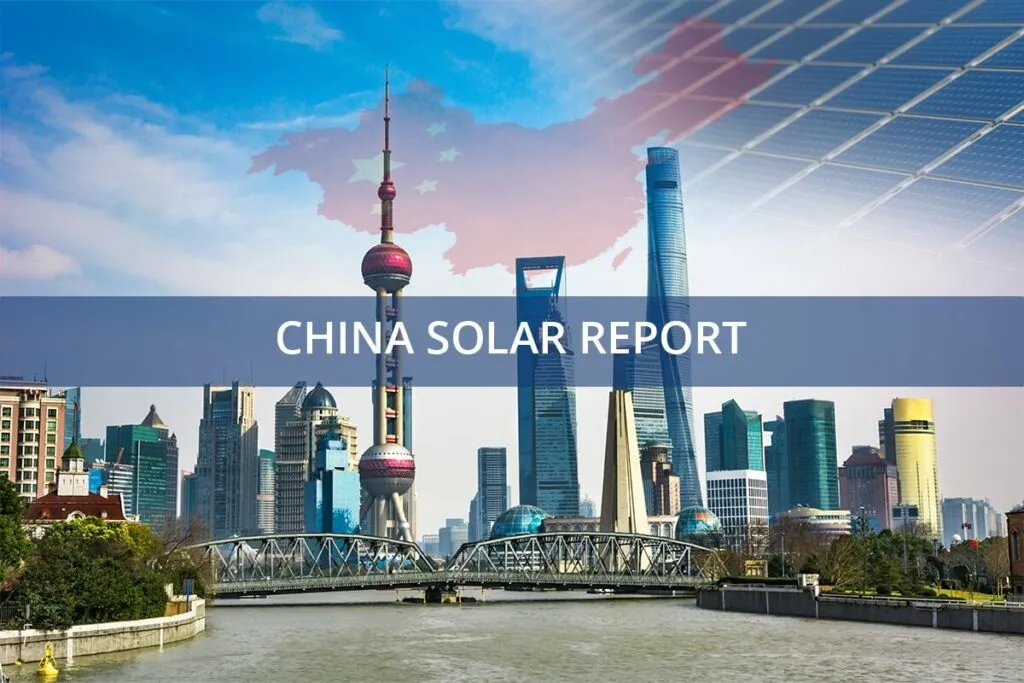LONGi has announced its goal to achieve net-zero emissions by 2050, releasing its first “Net-Zero Roadmap” and reinforcing its commitment with its latest “2024-2025 Climate Action White Paper” unveiled at COP30. This detailed plan outlines the company’s ambitious carbon reduction strategies, setting a benchmark for the solar industry.
LONGi Carbon Reduction Timeline for Net-Zero Emissions
LONGi has established a clear and ambitious timeline for decarbonization. The company aims to peak its carbon emissions by 2030, achieve net-zero carbon emissions in its own operations (scopes 1 and 2) by 2040, and reach net-zero carbon emissions across its entire value chain (scope 3) by 2050. These goals are in line with global climate efforts, from Dubai’s impressive 5,000 MW project to the broader push for a sustainable energy future.
To make these long-term goals more tangible, LONGi has set specific interim targets, including:
* Reducing Scope 1 and Scope 2 emissions by 60% by 2030 (compared to 2020 levels).
* Reducing the carbon intensity of Scope 3 emissions by 52% by 2030.
To ensure transparency and accountability, LONGi has committed to regular updates on its progress. The company will publish its carbon emissions inventory annually in its sustainability report and provide quarterly updates on its performance, aligning its reporting with international standards like the Task Force on Climate-related Financial Disclosures (TCFD).
LONGi Carbon Reduction Strategy for Net-Zero Emissions
LONGi’s carbon reduction strategy is built upon a solid foundation of existing capabilities. As a leading global solar technology company, understanding the basics of solar panel manufacturing is central to its mission. The company already powers 100% of its electricity consumption in China with green energy sources. Furthermore, its silicon wafer production process generates approximately 1.5 million tons of steam per year, which is cleverly reused to heat the company’s office buildings.
The company has also implemented a “Green Factory” evaluation system. As of 2022, all of LONGi’s factories in China have achieved this certification, which focuses on optimizing everything from the solar panel manufacturing process to energy consumption.
Looking ahead, LONGi plans to deepen its collaboration with partners. This includes working with suppliers to build a low-carbon supply chain and expanding green manufacturing globally, as seen in its partnership with CEEG Spa to boost Algeria’s solar sector. In its downstream business, LONGi is developing high-efficiency products and engaging in projects like the 100 MW solar project with RZK Energia to reduce emissions throughout the entire value chain. A further commitment includes completing charging facility coverage at all operational sites by 2030.
Low Carbon Product and Circular Economy for LONGi net-zero emissions
LONGi has developed a “low-carbon product certification system” to ensure its products meet the highest standards of environmental sustainability. The company has also embraced a “circular economy” model to minimize waste and maximize resource efficiency. This is particularly evident in its handling of key solar panel raw materials, as the company recycles 100% of the silicon carbide used in its production processes and is actively exploring ways to recycle more materials.
Beyond carbon, LONGi is expanding its environmental stewardship. The new white paper introduces nature-related factors into its corporate governance, with commitments to achieve “net zero loss” of biodiversity and “zero deforestation” by 2050, and a long-term vision for a “net-positive impact on nature” by 2060.
LONGi’s “Net-Zero Roadmap” outlines a comprehensive and ambitious plan. By setting clear goals, implementing effective strategies, and fostering transparency, LONGi is setting a strong example not just for the solar industry but for the broader business community. This leadership is critical as regions worldwide, including the Pacific islands with their remarkable 2030 targets, commit to a sustainable energy future.
If you want to dive deeper into the world of solar energy production, consider exploring our free e-course on solar panel manufacturing.



